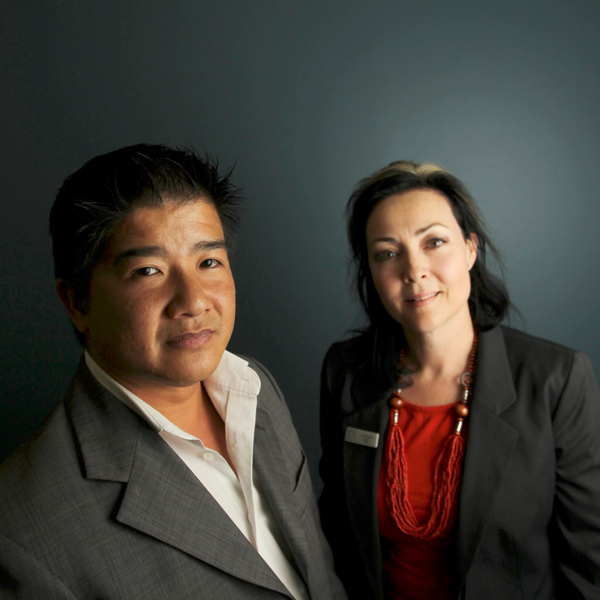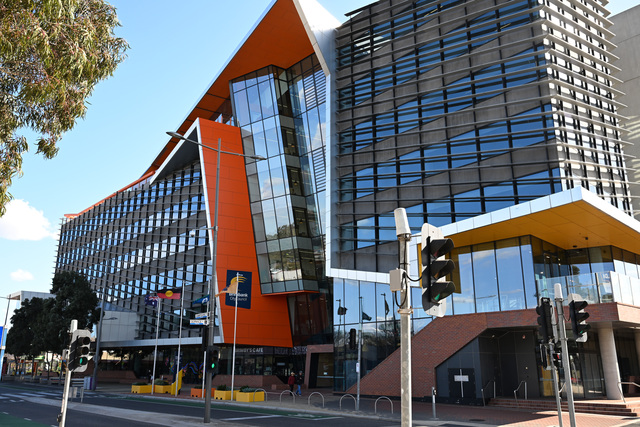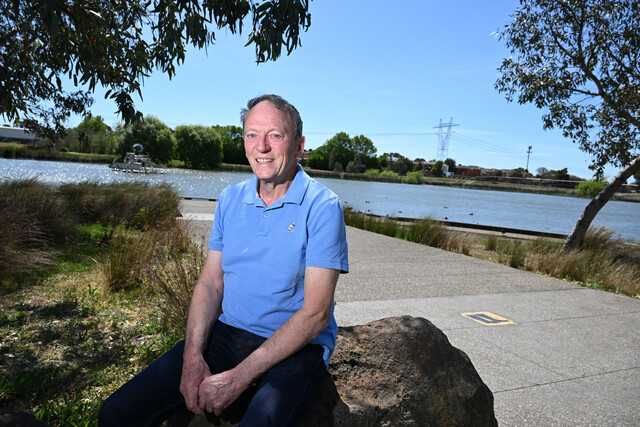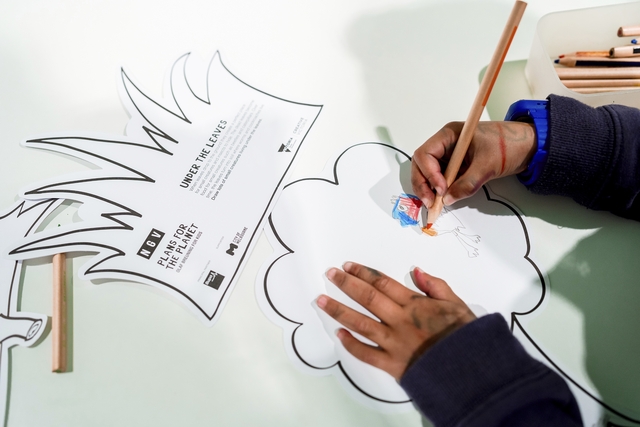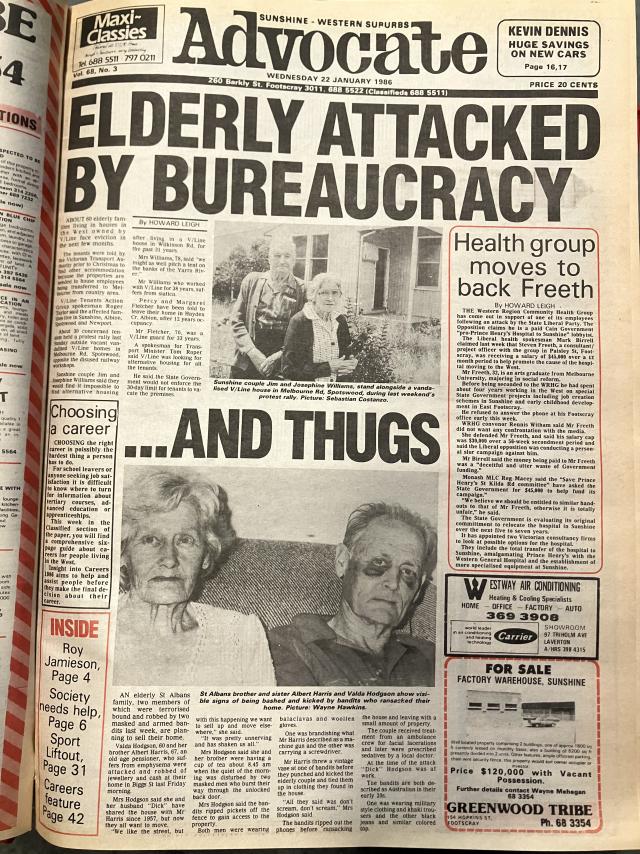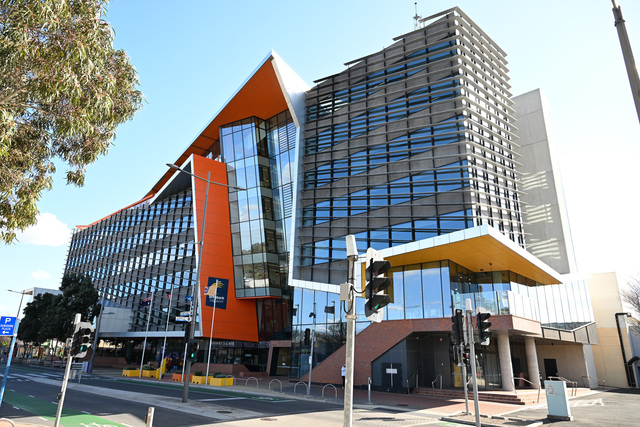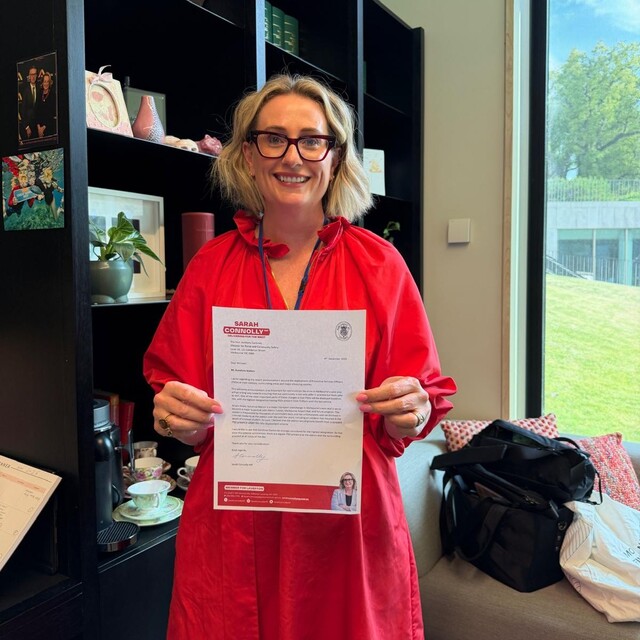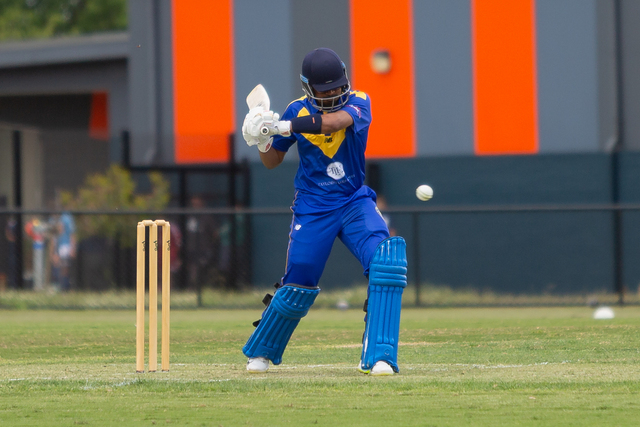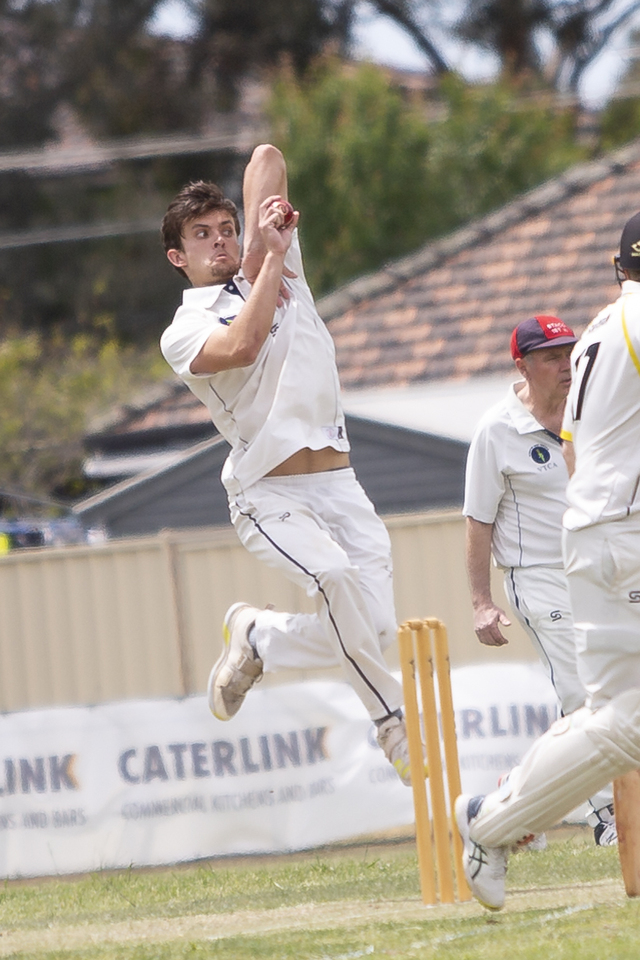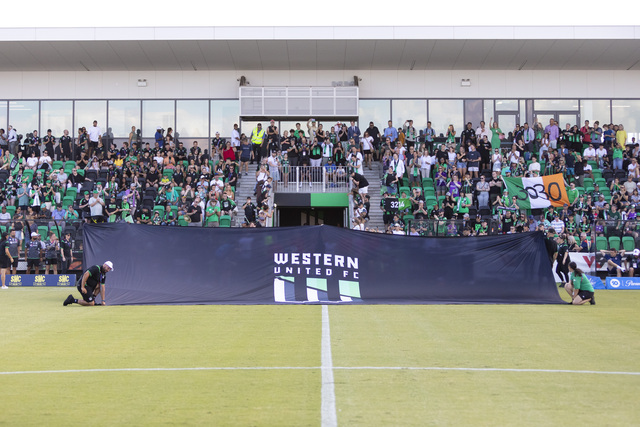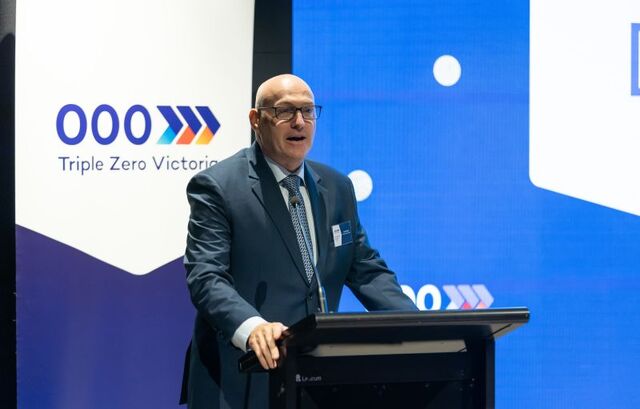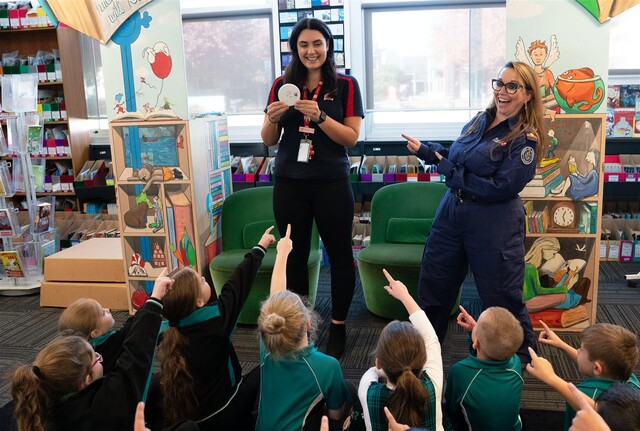Turning their backs on the comforts of the commercial world, lawyers with the west’s community legal centres are driven by a vision of fairness, basic rights and justice. Benjamin Millar meets the passionate practitioners trying to keep society’s most vulnerable from falling through the legal cracks.
PERCHED on his chair in a small, windowless room in a cramped corner of a first floor St Albans office, Khanh Nguyen fails to fit the clichéd notion of a lawyer.
As principal solicitor for the Brimbank Melton Community Legal Centre, the former commercial lawyer has walked away from adequate resources and a healthy pay packet into a world in which bad luck, poor choices or simple misunderstandings find people well onto the downward spiral of mounting debt, bankruptcy and despair.
The one-time refugee is animated as he explains the many rewards of his work. He particularly fires up when discussing businesses or individuals preying on the vulnerable. Greedy landlords, shonky lenders and heartless bureaucracies are all in his sights and he plans to tackle them all. It’s hard not to believe he’ll find a way. “We’re seeing bankruptcy matters where people may have debts of three to five thousand dollars and by the time the matter is resolved there will be a bill from the official trustees for $130,000 or more,” he says. “If they had come to us sooner we could have tried to sort it all out before it got so far out of hand.”
This year is the 40th anniversary of community legal centres (CLCs) in Australia, stretching back to the opening of the Fitzroy Legal Service in 1972.
The centres provide free legal advice, information and representation to more than 100,000 Victorians each year.
Solicitors like Nguyen give advice on family violence, criminal proceedings, credit and debt issues, unfair contracts, tenancy, employment or consumer issues, wills, motor vehicle accidents or family law matters.
There are many ways clients get into difficulty. It can sometimes be as simple as misunderstanding road rules or not being able to pay a fine.
All too often he comes across people being taken advantage of, which gets his blood boiling. “I was a refugee and I understand where they’re coming from; I was in their position 25 years ago.”
Nguyen hopes to tackle these problems at the source and go after repeat offenders targeting at-risk communities.
He has the backing of the centre’s manager Jan Dundon, herself a strong advocate for reshaping an unfair system.
Dundon, who lives in Altona North, spent almost two decades working in the courts, seeing first-hand the way the system is stacked against those most in need.
“I live in the western suburbs with a young family and I wanted to give back to the community,” she says.
“A lot of people don’t realise that what they have got is a legal issue until it’s too late.”
Six months into their roles they see a long road ahead, but they’re committed to the challenge.
While free legal advice and assistance are their most immediate concerns, each centre also works to educate the community in the hope of imbuing the knowledge to avoid ending up in legal difficulty.
Their third role is in advocacy and seeking changes to laws that entrench unfairness and disadvantage.
While the centres in the western suburbs deal with a wide range of general matters, each also has its pet projects.
Brimbank Melton will host a special day on tenancy issues later this month and has a bankruptcy forum in the pipeline.
Footscray Community Legal Centre’s ‘Bring Your Bills Day’ is one of the most successful programs, helping residents – the bulk of them migrants and refugees – scammed by doorknockers who use pressure to sign them up to utility companies.
Manager Denis Nelthorpe says the ‘bills days’ are a way to connect with people who might be too daunted to approach a lawyer directly, allowing the service to help up to 70 people in a short time.
“What Footscray set out to do was try to get early intervention, not to get involved six months or 18 months after the problem pops up.
“We tell the community leaders that this is a chance for people to get their problems heard and we can start to tackle them.”
Nelthorpe has seen what the centres can achieve..
The 59-year-old Moonee Ponds resident has been at Footscray for five years and also manages the Wyndham Legal Service and the Sunshine Youth Legal Centre.
Despite poor resourcing, and constant challenges, he has never considered crossing over to the commercial world.
“I don’t often mention this, but I got an AM [Member of the Order of Australia] about four years ago for my long contribution to the sector in various ways,” he says.
“I’ve always been passionate about what happens to those most in need.”
That passion is also in the heart of Flemington and Kensington Legal Centre executive officer Anthony Kelly.
Kelly has been in the sector for more than 20 years and relishes using his legal training to make a difference.
“We recognise that the law doesn’t treat people equally. We’re particularly responsive to the newly arrived communities in Flemington and Kensington and the challenges they face with settlement.”
The centre has six part-time staff and about 40 volunteers, along with a financial counsellor from Anglicare working on site.
It has a strong focus on police complaints and the often strained relationship between law enforcement and minority communities.
The centre is an outspoken critic of police use of tasers and other controversial areas of law enforcement.
Last month it co-hosted a community meeting on racial profiling, an issue it says leaves young African men feeling unfairly targeted due to their skin colour.
Kelly believes there are systemic issues with how police use their powers in the local community, and flaws in a system where police are the ones investigating the complaints.
A 12-month study by the centre on racial profiling, titled Race or Reason?, found young men of African descent almost twice as likely as Australian-born youth to have been stopped and questioned by police in the past month.
Their experience with police was ‘‘fraught with difficulties’’ and they were more likely to be charged with minor offences, the report said.
“There is a lack of community confidence in the police complaint system and people who allege misconduct against a police officer will not have adequate support. They tend to be treated more as a criminal than a victim,” Kelly says.
Western Suburbs Legal Service has identified international students as another group at risk of being targeted.
The Newport service established the International Student Legal Advice Clinic after a string of violent attacks on Indian students and workers in the west in 2009-10.
The state’s only such clinic holds a weekly drop-in on Bourke Street in the city every Wednesday and deals with a range of issues faced by this overlooked group.
Manager Emel Ramadan says college disputes, immigration, employment, and tenancy issues remain the main areas of students’ trouble.
“They are often underpaid for work in cleaning and factories, and many are taken advantage of by unscrupulous landlords.”
Ramadan says the centre has been a success, yet risks closure unless $326,000 is found in this month’s state budget.
This sticky question of funding is rarely far from the surface.
Victorian CLCs helped almost 150,000 individual clients in 2010-11 — up 35 per cent over five years.
Heavy demand means CLCs are among the service providers with the highest “turn away” rate for clients seeking assistance.
Inquiries found they are not funded adequately to meet existing and increasing demands, and need greater funding to provide minimum levels of access to justice.
Hugh deKretser, Federation of Community Legal Centres Victoria executive officer, says low core funding makes it difficult for CLCs to recruit and retain quality staff.
“There is a clear need for an increase in funding to meet the needs of clients who turn to us because they can’t afford any other service.’’
Nelthorpe speaks of a merry-go-round of funding applications, while Ramadan says retaining staff who could be earning much more in the private sector is a perennial headache.
Each centre has ideas about where they would like the service to go, but their hands are tied to a great extent by a lack of resources.
Dundon says Brimbank/Melton would like to develop more online resources to assist isolated residents in the Melton and Bacchus Marsh areas.
“It’s really underfunded. We have to be really creative about finding funds and it really holds us back.”
In the meantime, the centres will do the best they can.
Kelly says their work is crucial as legal issues left to fester can seriously impact on people’s ability to take part in society.
“CLCs are not just about helping people with problems, we are about changing the system so these problems don’t arise. We want to reduce the legal disadvantage that vulnerable people in the community face.”
FACTS AND FIGURES
• 58% of community legal centres (CLC) work is in civil law.
• 36% in family law and 6% in criminal law.
• 82% of clients earn less than $26,000 a year.
• 58% received some form of income support.
• CLCs leverage more than $23million of free legal assistance each year through volunteers and probono relationships.
• More than 2200 private lawyers around Australia volunteer in CLCs.
• More than 1600 non-lawyers (law students, other professionals) volunteer in CLCs.
Source: Federation of Community Legal
Centres Victoria

